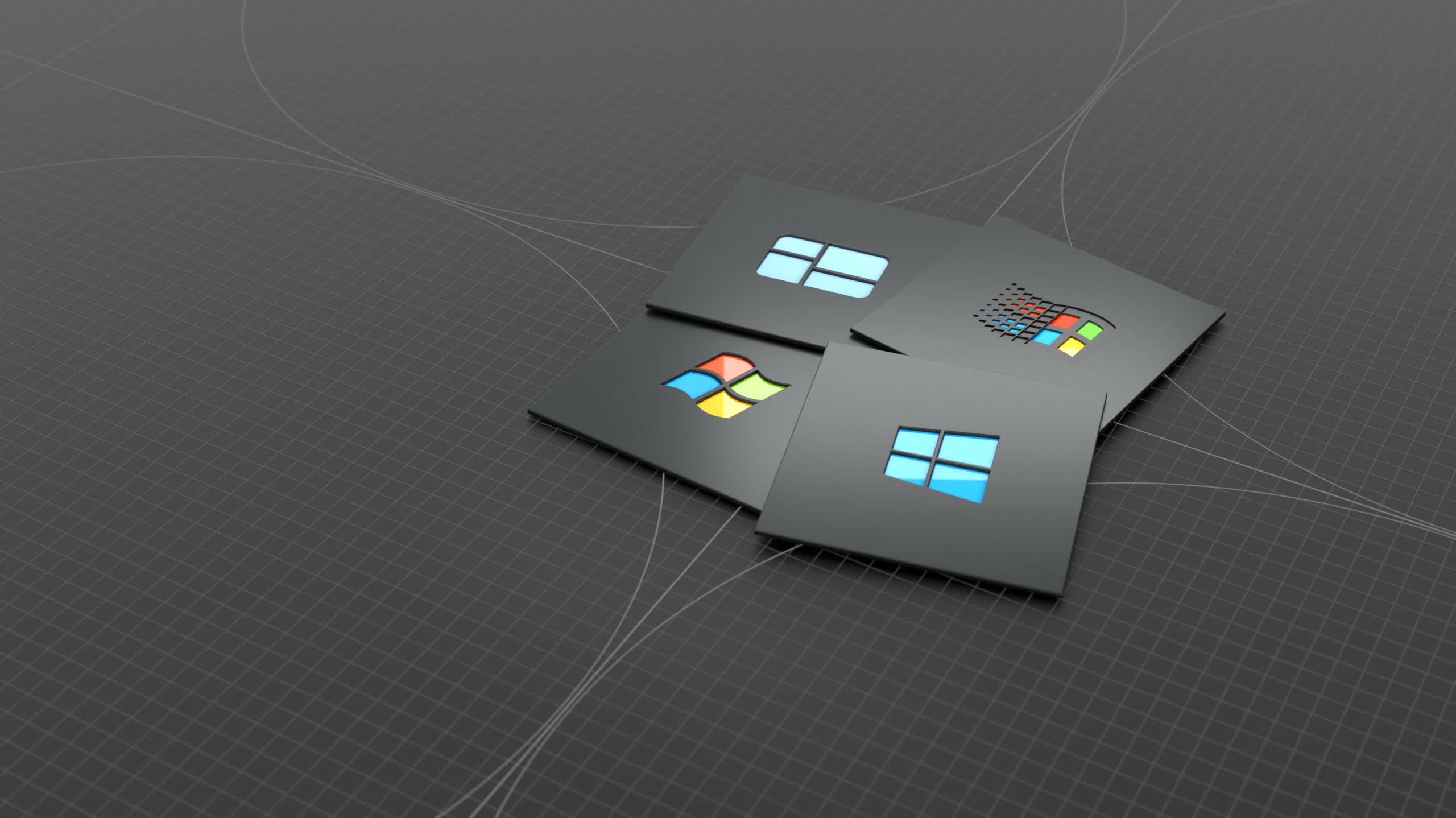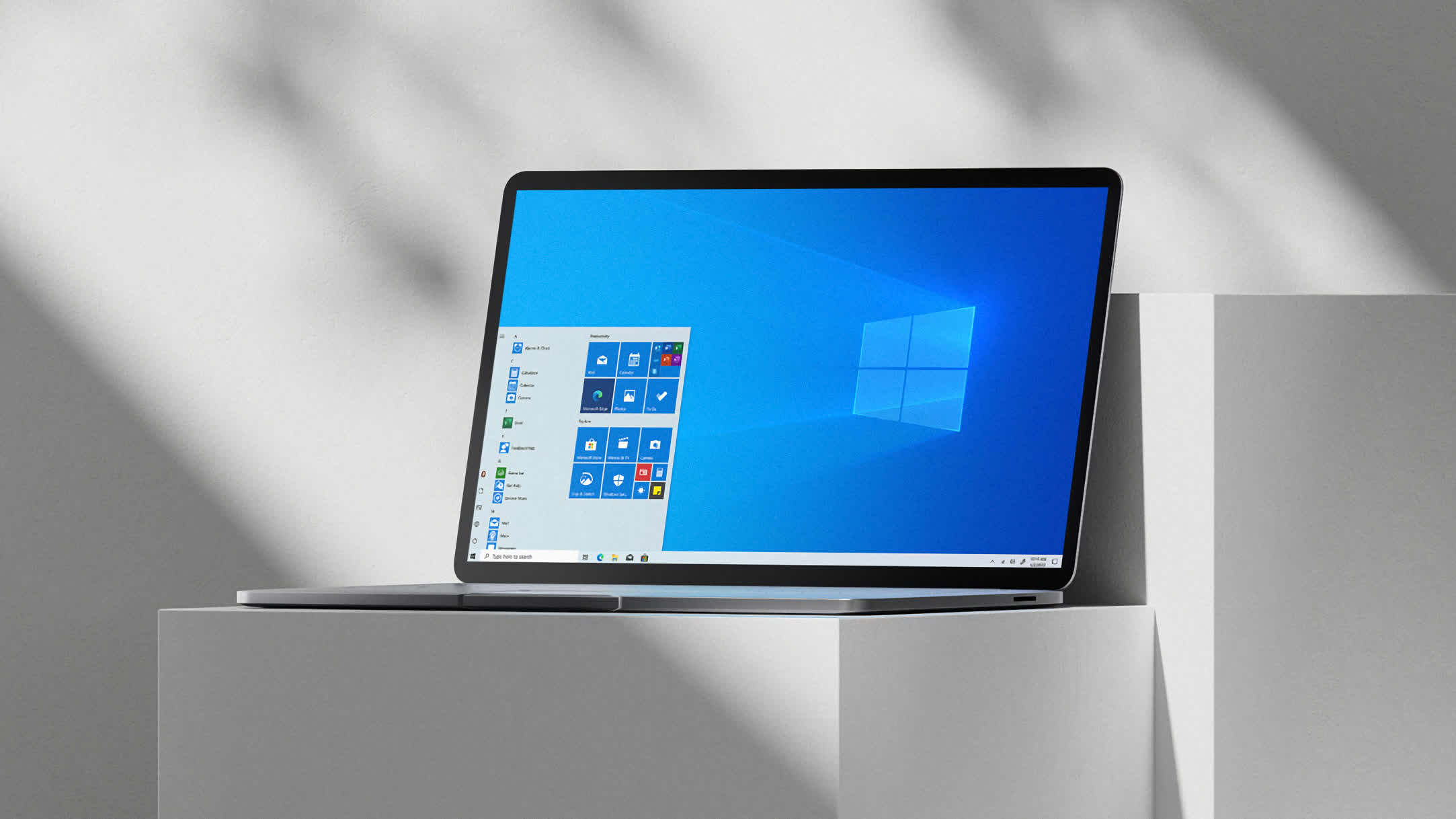Bottom line: Windows 10 hasn't received significant new features in a while since Microsoft pivoted to Windows 11, but the company has now confirmed it ceased developing major updates for the older operating system. The shift comes despite Windows 11's struggles to overtake its predecessor in user adoption.
Microsoft confirmed this week that the current version of Windows 10 dubbed 22H2 – is the final version. The company encourages anyone who wants new feature updates to transition to Windows 11, which holds a minority of Windows market share some 18 months after release.
Furthermore, Microsoft reaffirmed that Windows 10's monthly security updates are scheduled to end on October 14, 2025. Anyone still on Windows 10 after that date will likely need to get patches from third-party groups like 0patch.
The Redmond company stopped selling Windows 10 licenses in January, so anyone buying fresh Windows keys now will get Windows 11. Currently Windows 11 Pro licenses can be found on sale for $39, a sizable discount.

Since Windows 11's launch, Windows 10 users have missed out on various updates to user interface elements like the taskbar, File Explorer, and screenshot functionality. However, multiple Windows 11 updates have caused performance issues and other glitches that Microsoft has had to fix. In December, the company had to temporarily pause its rollout of Windows 11 22H2 due to gaming performance problems.
Windows 11's user count keeps growing, but the majority of users still seem to prefer Windows 10 or see no big incentive to move on. The latest figures from Statcounter and Steam show Windows 10 running on roughly 3 out of 4 laptops and desktop systems, while Windows 11 is at around 20 percent adoption.
The somewhat confusing system requirements became a significant issue for Windows 11 in the lead-up to its launch. The OS requires TPM 2.0 for official support, which restricts it to an unusually small list of the most recent CPU generations. Moreover, the rules surrounding Windows 11 use on unsupported systems have been inconsistent.
Early information on Windows 12 recently started to emerge. Reports indicate it could receive updates at a faster pace than Windows 11. It could also adopt a more modular format for greater flexibility on a wider variety of hardware, including lower-end systems. Additionally, AI could become a more prominent component of the next generation of Windows.
